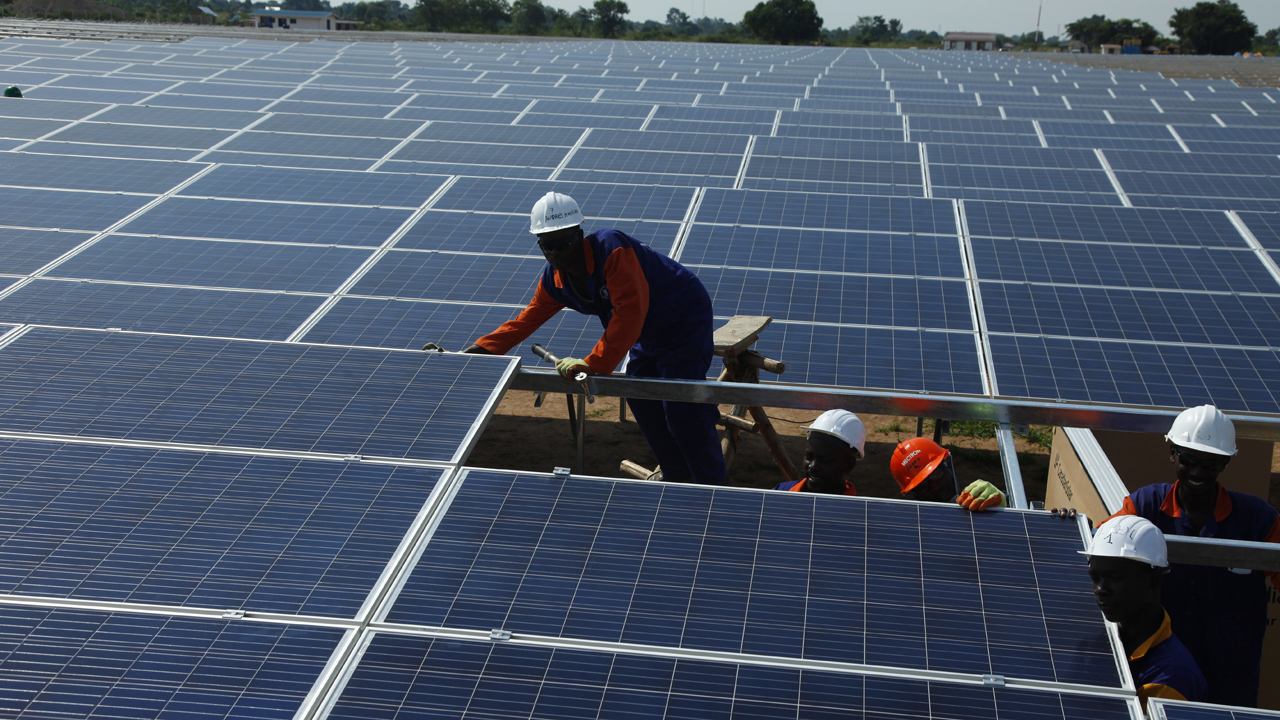Can Solar Power Survive Without Government Subsidies?
Sunworks CEO Jim Nelson is not getting caught up in the political and environmental debate over clean energy versus fossil fuels, but rather focusing on the economics of solar energy.
“I don’t see solar as a clean energy play and something that we ought to worry about as far as culture or what’s in vogue or a cool president or whatever else. It’s really about economics. If the economics of solar work, then it’s a competitive business that ought to be paid attention to,” Nelson told the FOX Business Network’s Charles Payne.
Nelson then weighed in on whether solar energy is viable without government subsidies.
“Let’s talk specifically about the investment tax credit, which is a fact of life for the next five years. With the investment tax credit today, we’re [solar energy] at grid parity in 42 different states where it really makes sense economically.”
Nelson then explained that once the investment tax credit ends in five years, the declining costs of solar power will make it very competitive even without the tax credit.
“Five years from now, without the investment tax credit… it will be less expensive and more economical than it is today because we have great visibility into the reduction of costs both on the parts side, on the supply side, as well as the investment and installation side.”
Nelson then responded to concerns that a shift towards clean energies will lead to the loss of jobs in the U.S.
“Well, I think that’s an issue that’s been going on for 150 years – with new technology and with the Industrial Revolution, now with additional technology jobs are going to be displaced and new industries are going to come up to absorb those jobs. And we have to consider what’s best for the country because ultimately what’s best for the country is going to be best for job seekers as well.”




















